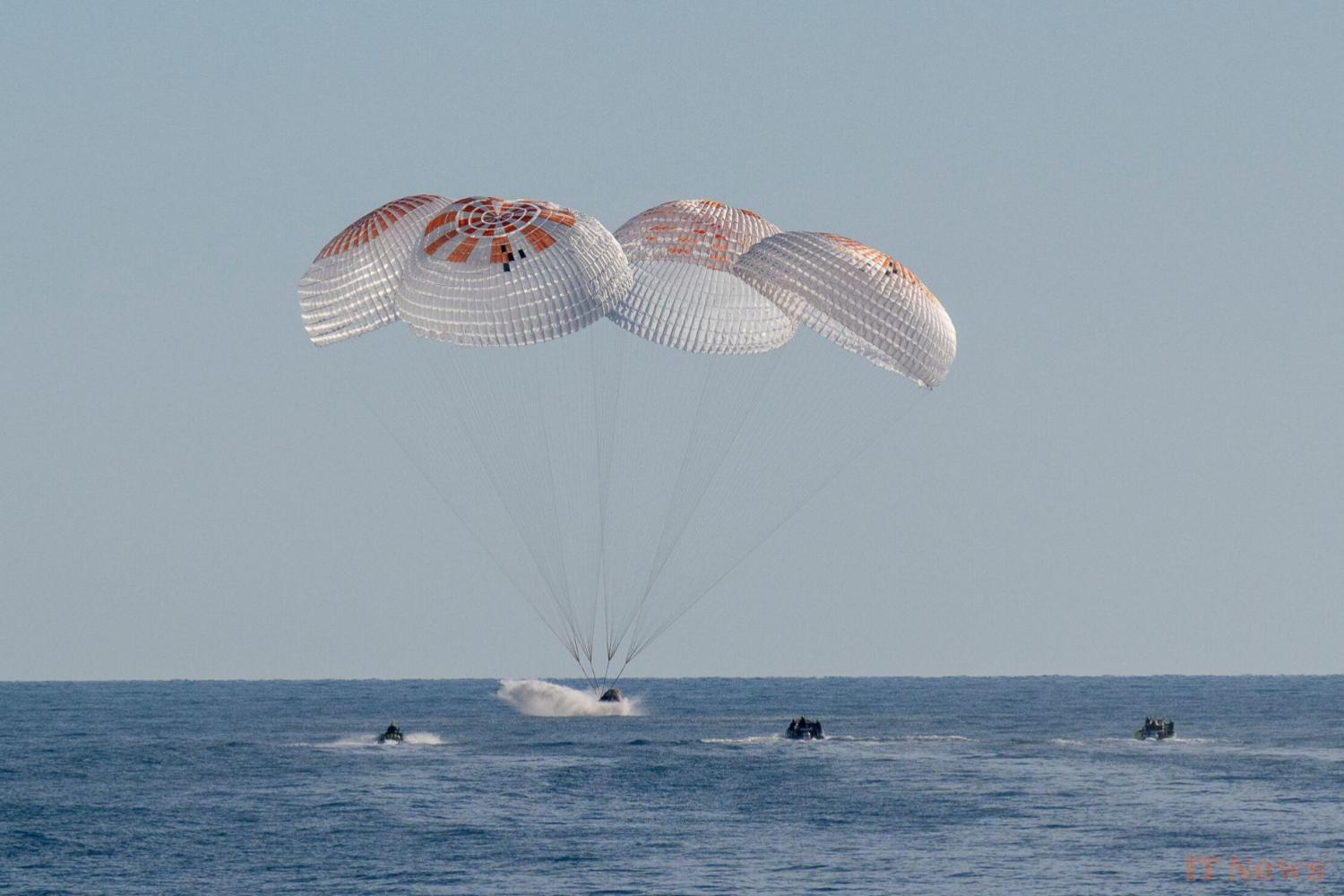After more than nine months in orbit aboard the International Space Station, the two American astronauts Suni Williams and Butch Wilmore finally returned to Earth on the night of March 18-19, marking the end of a technological saga that has also taken a very political turn recently.
These 286 days obviously represent a more than substantial duration in such an environment: it is the sixth longest mission in NASA's history. However, it is not a record, far from it. At this level, the Russian Valeri Poliakov and the American Frank Rubio remain unbeatable for the moment with respectively 400 and 371 consecutive days in orbit. But this figure has caused so much discussion because they were originally only supposed to stay on board the station for eight days.
As a reminder, the two veterans were transported aboard the ISS by the Starliner, the Boeing capsule designed to compete with SpaceX's Dragon. But after an already very long and complicated development cycle, the craft encountered a series of worrying malfunctions at the worst possible time, during the approach phase to the station. Fortunately, the two companions arrived safely, but NASA and Boeing decided it would be wiser to postpone their return to Earth to carry out certain checks on the craft.
Unable to guarantee its safety, the agency and the company ultimately decided to repatriate it alone, leaving the astronauts stuck aboard the station. Williams and Wilmore happily integrated into the station's operational routine while the ground teams began planning their return aboard another spacecraft.
An Unhealthy Political Recovery
Because of this rare situation, their journey was extremely high-profile and the subject of numerous political exploits. Donald Trump, in particular, did not miss this golden opportunity to attack his predecessor's administration. "They shamefully forgot about the astronauts, because they considered it a very embarrassing event for them," he said on his own Truth Social network earlier this week. "They were left up there for political reasons," added Elon Musk. More broadly, the President could not resist the temptation to don his superhero cape alongside Elon Musk, who is increasingly involved in the government as the person in charge of the famous DOGE. In recent days, he has regularly turned history in his favor. In particular, he claimed that the previous administration—"a bunch of incompetents"—had shirked its responsibilities, and that it was only thanks to his unwavering investment that the situation could finally be resolved. Shortly after the splashdown of SpaceX's Dragon capsule, which finally brought them back to Earth, Trump stated on X that he had kept his "promise" to "rescue" the two castaways, who returned safely "thanks to Elon Musk."
It should be remembered, however, that NASA did not wait for Trump to return to the White House to prepare for the astronauts' return. The process had already been underway since last August, and the Dragon capsule that repatriated them had already been docked at the ISS since September. Technically, they could have returned much sooner, without the intervention of the controversial president—and Musk was obviously aware of this, which makes his latest statements even more insensitive. The agency simply decided otherwise for primarily logistical, not political, reasons: it was primarily about ensuring that the station could continue to operate in the best possible conditions, nothing more, nothing less.
This saga is now over—but it certainly won't be the last time that low-level politics weigh heavily on NASA's operations. It will therefore be interesting to see to what extent NASA's operations, and in particular the Artemis program, will be disrupted by the Trump-Musk duo over the next few years.
The other big question is what will become of the Starliner. To this day, the doomed capsule still doesn't seem ready to compete with SpaceX's Dragons, even though the program has swallowed up several billion dollars in subsidies since the program began in... 2014. At this point, one might legitimately wonder whether the program is still worth keeping afloat, given that the company has been accumulating problems for several years. If not, it would probably be in the best interests of SpaceX, which has a growing monopoly in this sector. Watch this space.



0 Comments